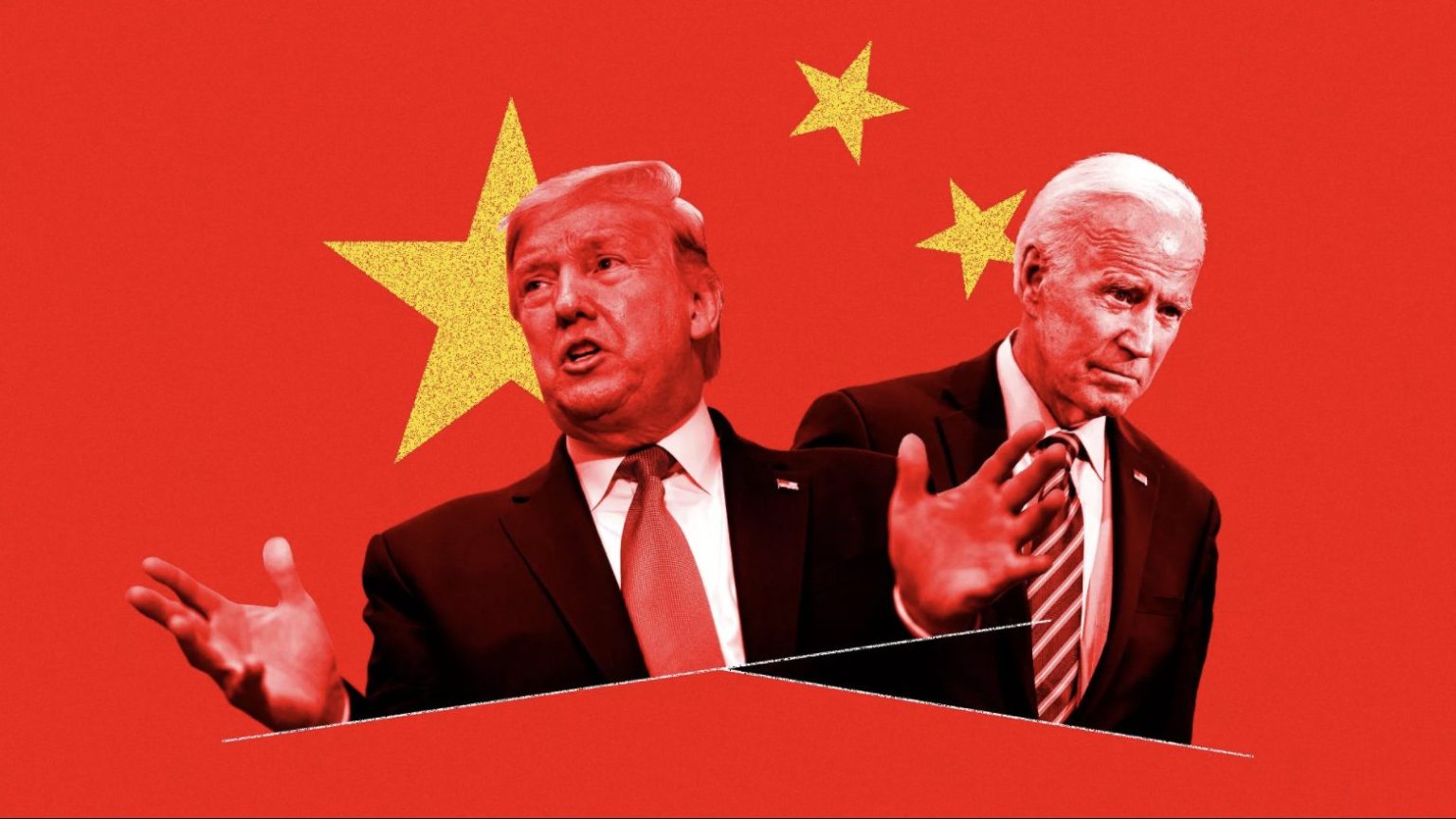How to handle China and how to maintain America’s position ahead of its economic rival in the global pecking order is a major issue in the 2020 US presidential election.
Both candidates – the incumbent Republican Donald Trump and the presumptive Democratic candidate Joe Biden – are united in their belief that whoever can bash China the most is going to shoot up in the polls.
Indeed, “being tough” on and providing opposition to the People’s Republic is, more or less, the one thing that both agree on. And their criticisms are, according to recent polls, receiving widespread support among Republican and Democratic voters.
While China is the key foreign-policy matter of this election, specific hotspot issues such as trade, human rights and the South China Sea are unlikely to be flagged in great detail.
Instead, Biden will attack Trump for being “all talk and no action” and say that the trade war he initiated failed to bolster the American economy as promised, and how he has become a puppet of Chinese President Xi Jinping.
On the other side, Trump will attack Biden for his previous engagements with China and his son’s alleged financial affairs with the country’s leadership. In an effort not to appear soft on China, he will highlight that he criticized Beijing for reacting slowly to the outbreak of Covid-19 and that he has prioritized US-China relations far more than his predecessors.
The anti-China rhetoric by both will be ramped up and used as a political weapon against the other.
This is, in my opinion, misguided and ill-judged.
Heightened tensions
The increasing negativity will only serve to heighten tensions between the world’s two largest economies.
It will hamper economic growth in both the US and China, it will further disrupt supply chains, the increased uncertainty will reduce business appetite for investment, and consumers’ purchasing power will be hit.
All this as the world economy struggles to recover from the economic crisis caused by an ongoing global pandemic.
Whoever wins the keys to the White House on November 3 has an opportunity to hit “reset” on Sino-US relations.
I would urge the next president to do this as a matter of urgency as stable, normalized relations between the US and China are in both countries’ interests.
Cooperation will help boost global economic growth, encourage investment, secure jobs, keep prices down for consumers, reduce unfair or illegal economic, commercial and technological practices, reduce poverty and environmental problems, and contribute to stopping human-rights abuses and military interventions.
These are defining issues. Therefore, the challenge of securing amiable relations with China cannot go unmet by the president of the United States of America, whether the incumbent or the challenger.
- Nigel Green founded deVere Group in 2002 from a single office in Hong Kong after discovering a niche market for expatriates in the financial services sector. Since then, it has grown to become one of the largest independent financial advisory organizations in the world with offices and clients across the globe.
























